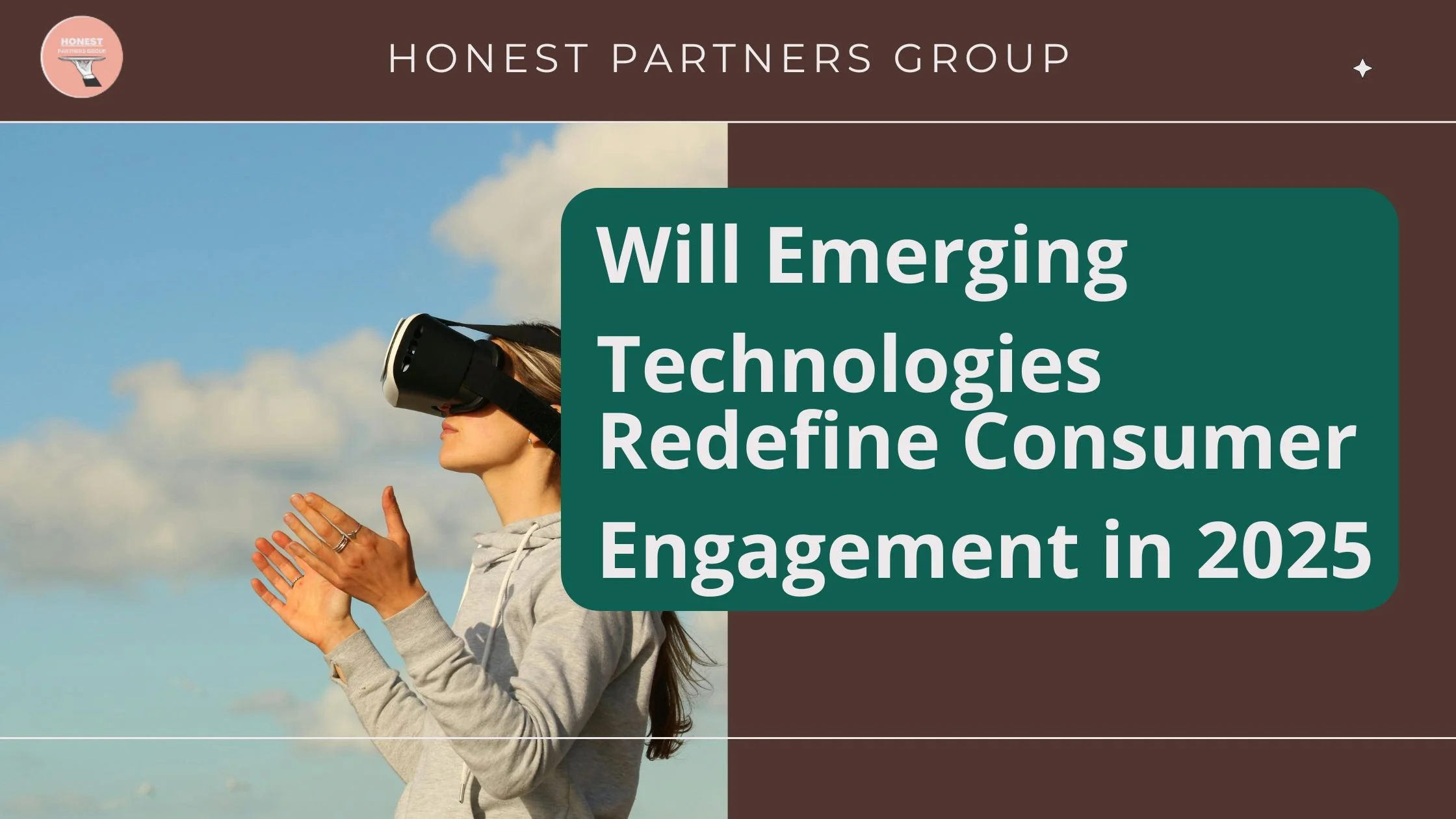Will Emerging Technologies Redefine Consumer Engagement in 2025?
What’s the next big thing shaping the way we interact with brands? As 2025 approaches, emerging technologies like AI, AR/VR, and IoT are no longer futuristic ideas—they’re tools reshaping businesses right now. These advancements are opening new doors for brands to create deeper connections with consumers, offering unique experiences that feel personal and intuitive. But how will these technologies truly impact the way we engage? Let’s explore.
The Technologies Transforming Consumer Engagement
AI: More Than Just Data Processing
Imagine shopping online, and instead of sifting through endless options, your favorite retailer curates choices just for you. That’s AI at work. It learns your preferences, predicts your needs, and delivers solutions before you even ask. Tools like chatbots and recommendation engines are now essential for making online interactions smoother and more enjoyable.
AR/VR: Turning Imagination Into Reality
Trying on clothes, visualizing a new couch in your living room, or even testing makeup—all without leaving your home. Augmented and virtual reality take “try before you buy” to another level. These technologies create immersive experiences that help consumers make confident decisions while having fun.
For example, IKEA’s AR app lets you place furniture in your room digitally. It’s interactive, engaging, and incredibly useful, which is why it resonates so well with customers.
IoT: Everyday Convenience Made Smarter
Think of devices like smart fridges, voice-activated assistants, or even fitness trackers. They make our lives easier while seamlessly collecting data about how we live, shop, and consume. For businesses, this information is gold—it helps brands design products and services that fit into consumers’ lifestyles perfectly.
Why These Technologies Are Game-Changers
They Meet Modern Expectations
We live in a world where consumers want convenience and personalization, and they want it now. Emerging technologies help brands deliver just that—faster, smarter, and more effectively.
They Create Unforgettable Experiences
Whether it’s a virtual fitting room or a voice assistant that understands your grocery list, these tools leave lasting impressions. Consumers remember brands that make their lives easier or provide something exciting.
They Keep Businesses Ahead of the Curve
As markets get more competitive, adopting innovative tools isn’t just an option—it’s a necessity. Early adopters have the edge, standing out as leaders in their industries.
The Challenges Brands Need to Address
Balancing Innovation with Affordability
For smaller businesses, implementing new tech might feel overwhelming. Finding cost-effective solutions or partnering with tech providers can make a big difference.
Earning Consumer Trust
With greater personalization comes greater concerns about privacy. Brands need to be transparent about how they collect and use data.
Seamless Integration
Adopting new technologies is exciting, but they must work well with existing systems. This takes planning, training, and a clear strategy.
What Does This Mean for Your Brand?
2025 will be a turning point for consumer engagement. Brands that embrace these technologies can build stronger relationships with their customers, while those that hesitate may struggle to keep up. The key is to start exploring how tools like AI, AR/VR, and IoT can align with your goals today.
The future of consumer engagement isn’t just about following trends—it’s about setting them. By understanding and integrating these technologies, brands can create meaningful connections that last. Will your business take the leap?

